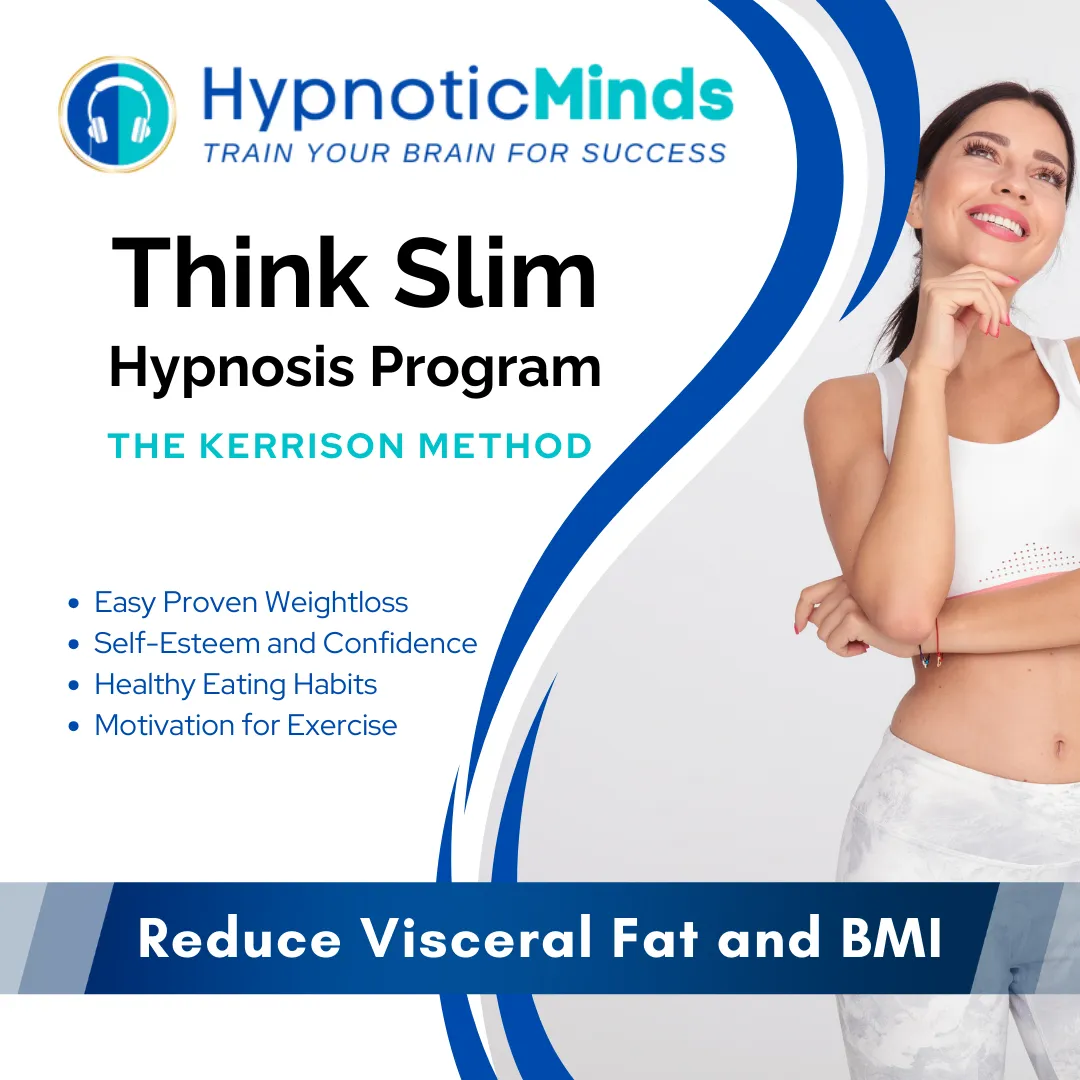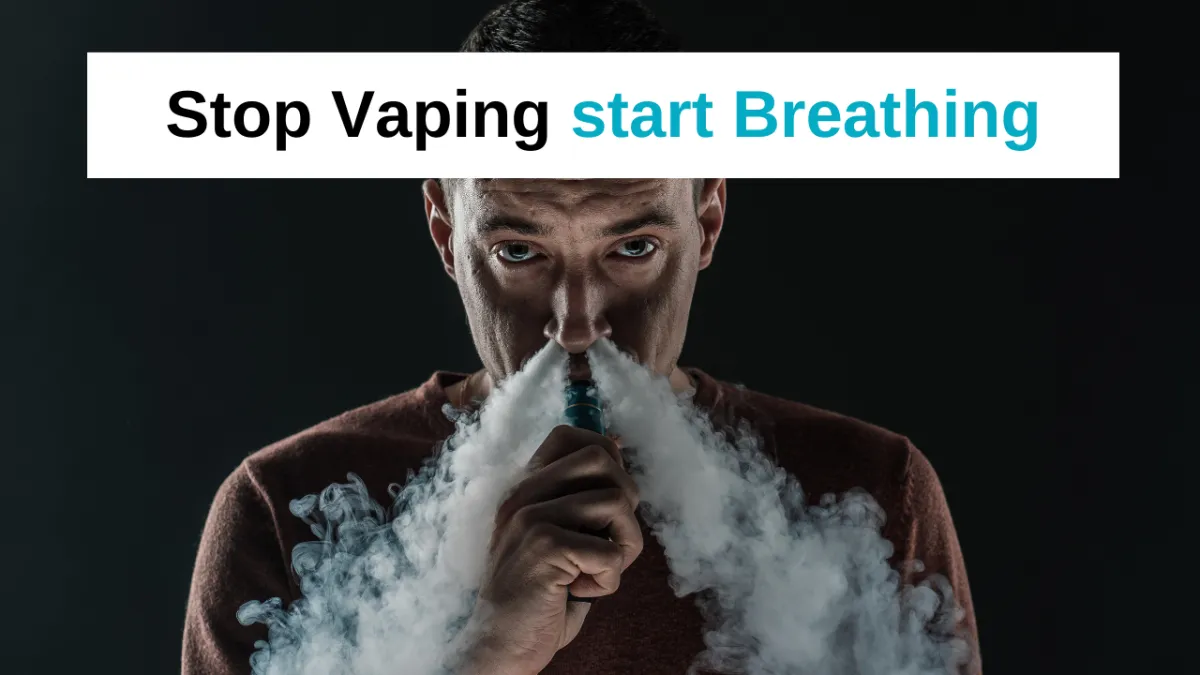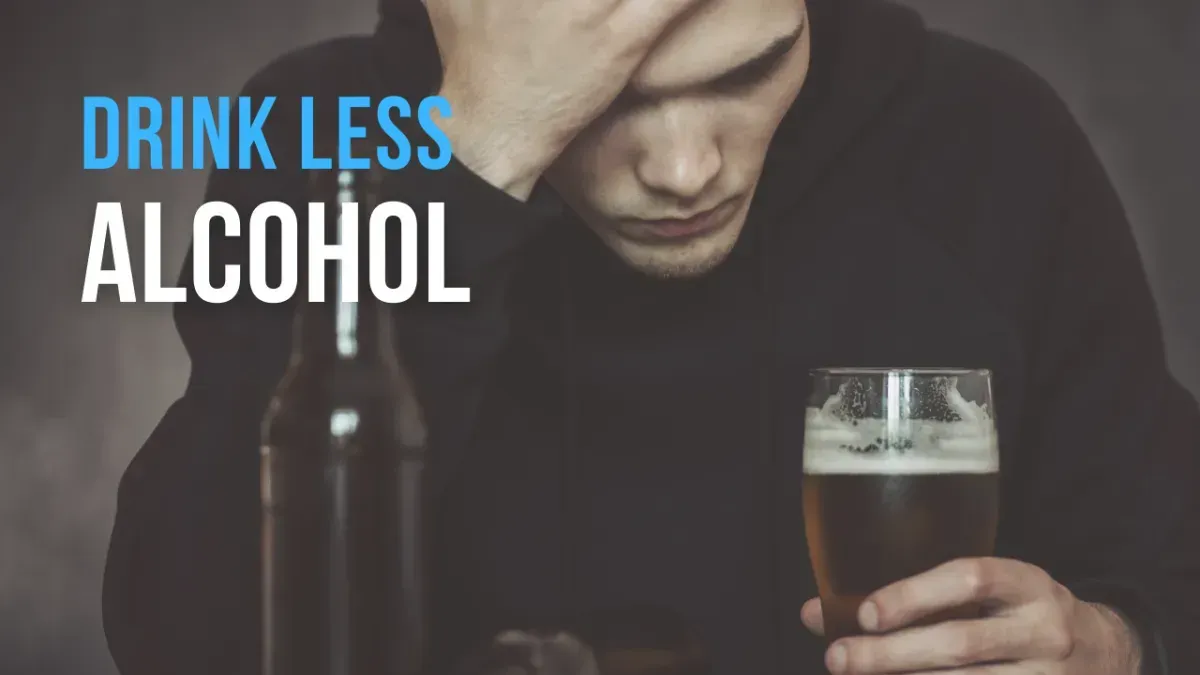Train Your Brain with Hypnosis
Our treatment plans, help you train your brain, to achieve the results you desire.


Ease Anxiety and Depression
The use of hypnosis for stress and anxiety has proven to be effective for many people. We help you learn, how to relax, so that you reduce stress and tension, as well as Anxiety. Hypnosis can help you relieve stress, and it can also help you deal with problems that are causing you stress. Regardless of what our Stress triggers are, it is our mind, that tells our body, how it will respond to those triggers.
If our mind interprets a situation as being stressful, it will tell our body that we are in a stressful situation, and our body will react accordingly. Hypnotherapy can help you change the way your mind interprets situations. Stress is created by your thoughts, and anticipation, of what your mind believes will happen next. Hypnosis for stress and Anxiety helps your mind perceive situations differently, which will reduce stress and make you feel better, healthier, happier.

Think Slim Hypnosis Weightloss
Are you struggling with unhealthy eating patterns?
We help you transform emotional eating, and adopt a healthier eating pattern, easy proven weightloss. In the realm of weight loss and healthy living, finding sustainable solutions can often feel like an uphill battle.
Emotional eating is a significant barrier to weight loss for many people. Hypnosis can address the root causes of emotional eating by promoting relaxation, reducing stress, and teaching healthier emotional coping mechanisms.
For those seeking a holistic approach that addresses both physical and psychological aspects, the Think Slim Hypnosis Program offers a promising path to success.
This innovative program focuses on rewiring your relationship with food, promoting mindful eating, enhancing portion control, managing urges and cravings for junk food, facilitating weight loss, and fostering motivation for exercise. With just four transformative sessions, participants embark on a journey towards a healthier, happier lifestyle.

You can become Vape Free, easily & naturally.
No weight gain
Eliminate cravings
Reduce stress
Think better thoughts
Feel more in control
Be healthier & happier

Hypnotherapy can be a valuable tool for individuals looking to quit vaping.
By accessing the subconscious mind, a hypnotherapist can help modify the deeply ingrained behaviors and triggers associated with vaping. During a session, we use techniques to suggest new, healthier habits or to strengthen the resolve against cravings. This approach can address both the physical dependency and the psychological reliance on vaping, making it easier for a person to resist the urge to vape. Additionally, hypnotherapy can help manage stress and anxiety, which are often triggers for addictive behaviors, providing a holistic approach to quitting vaping.
Vaping, which involves inhaling vapor from electronic cigarettes (e-cigarettes) or other vaping devices, has become popular as an alternative to smoking tobacco. However, it carries several health risks and potential dangers:
Nicotine Addiction: Nicotine exposure can impact brain development in teens and young adults, affecting attention, learning, mood, and impulse control.
Respiratory and Lung Health: Vaping has been associated with lung injuries and respiratory problems. Chemicals found in vaping liquid and their byproducts when heated can cause lung damage.
Cardiovascular Risks: Nicotine increases heart rate and blood pressure, which can lead to increased risk of heart attack and other cardiovascular problems.
Exposure to Toxic Chemicals: Vaping devices can contain and emit various harmful substances besides nicotine, such as formaldehyde, acrolein, and other toxic chemicals known to cause cancer, as well as heavy metals like nickel, tin, and lead.
Explosion and Burn Risks: There have been reports of e-cigarettes exploding or catching fire due to battery malfunctions, sometimes causing serious injuries.
Effects on Mental Health: Nicotine usage has been linked to increased anxiety, stress, and depression. For younger users, the impact on mental health can be particularly pronounced.
Potential Gateway to Smoking: Some research suggests that e-cigarettes may serve as an introductory product to other tobacco products and drugs, particularly among teenagers and young adults.
Unknown Long-Term Effects: Since vaping is relatively new compared to traditional smoking, the long-term health effects of vaping are still largely unknown.
Impact During Pregnancy: Nicotine from vaping can harm fetal development and lead to low birth weight, preterm delivery, and stillbirth. It also poses risks to adolescent development when used by teenagers
.
While vaping may expose users to fewer toxic substances than traditional cigarette smoking, it is not risk-free, and health experts generally advise against its use, particularly by non-smokers, young people, and pregnant women.

Hypnotherapy offers a promising approach to quitting smoking by targeting the subconscious influences that fuel the smoking habit.
Hypnotherapy offers a promising approach to quitting smoking by targeting the subconscious influences that fuel the smoking habit. During a hypnotherapy session, we guide the individual into a deeply relaxed state, where they are more open to suggestions. Then the introduction of positive suggestions, and mental images that reinforce the individual’s commitment to stop smoking. These suggestions are designed to alter the subconscious perceptions about smoking, helping to reduce cravings and diminish the pleasure associated with smoking. By addressing both the psychological and emotional aspects of addiction, hypnotherapy can be an effective complement to other smoking cessation methods, providing a comprehensive strategy for breaking the habit permanently.
Smoking is widely recognized as one of the leading causes of
preventable disease and death globally.
Here are some of the primary dangers associated with smoking tobacco:
Cancer:
Smoking is a major cause of cancer and can affect nearly any organ of the body.
Heart Disease and Stroke:
Smoking damages blood vessels and can make them thicken and narrow, leading to heart disease.
Chronic Obstructive Pulmonary Disease (COPD):
Smoking is the leading cause of COPD, which includes conditions like emphysema and chronic bronchitis.
Respiratory Infections:
Smoking damages the immune system, making it harder for your body to fight off infections
Reproductive Effects:
Smoking can have severe implications on reproductive health.
Dental Problems:
Smoking is associated with an increased risk of gum disease, which can lead to tooth decay and tooth loss.
Osteoporosis
Smoking is a risk factor for osteoporosis, a condition where bones become weak and brittle.
Eye Diseases:
Smoking increases the risk of eye diseases like cataracts (clouding of the eye’s lens) and age-related macular degeneration, which can lead to vision loss.
Aesthetic Issues:
Beyond health concerns, smoking affects one's appearance, leading to premature aging of the skin, hair loss, and an overall unhealthy look.
Secondhand Smoke:
Non-smokers exposed to secondhand smoke are also at risk of developing the same health conditions as smokers,
Cost and Social Implications
The financial burden of purchasing cigarettes adds up, and smokers can face increased healthcare costs due to smoking-related illnesses.
The dangers of smoking are extensive and impact nearly every organ in the body. Quitting smoking dramatically reduces the risk of these diseases, even if the smoking cessation occurs later in life.
Hypnotherapy Helps Sports Performance by Enhancing Focus,
Confidence, and Motivation

Hypnotherapy can significantly enhance sports performance by addressing mental aspects of athletic activities.
By leveraging these psychological improvements, athletes can enhance their physical performance and achieve greater success in their respective sports.
Hypnotherapy helps athletes:
Focus and Concentration: Hypnotherapy can improve an athlete's ability to concentrate on the task at hand, eliminating distractions and sharpening mental clarity, which is crucial during competitions and training.
Confidence: Through positive affirmations and self-belief reinforcement, hypnotherapy boosts an athlete’s confidence, essential for performing under pressure and believing in one's abilities to succeed.
Anxiety Reduction: Many athletes struggle with performance anxiety that can negatively impact their abilities. Hypnotherapy helps manage these nerves and reduces stress, enabling athletes to perform optimally when it matters most.
Pain Management: Athletes often deal with pain and discomfort from injuries or intense training schedules. Hypnotherapy can be used to control pain perception, allowing athletes to train effectively and recover more comfortably.
Motivation: Maintaining a high level of motivation can be challenging, especially with rigorous training demands. Hypnotherapy can reinforce internal motivation and goal-setting, helping athletes stay driven and focused on their objectives.
Hypnosis for
Irritable Bowel Syndrome
Hypnotherapy has proven to be a beneficial treatment for managing symptoms of Irritable Bowel Syndrome (IBS), particularly because IBS is often closely linked with anxiety.
The gut is sometimes referred to as the "second brain" because of its sensitivity to emotional stressors. When individuals experience anxiety, it can trigger or exacerbate IBS symptoms such as abdominal pain, constipation, diarrhea, and bloating.
During hypnotherapy sessions for IBS, the therapist guides the individual into a relaxed state and uses techniques aimed at reducing stress and promoting a sense of calm in the digestive system. This can include suggestions for controlling pain and discomfort, as well as visualizations that promote healthy gut function.
By directly addressing the subconscious mind, hypnotherapy helps to modify the psychological factors contributing to IBS, leading to significant improvements in physical symptoms.
Furthermore, as hypnotherapy helps in managing anxiety, it indirectly benefits IBS symptoms. By reducing overall anxiety levels, the therapy minimizes one of the key triggers of IBS flare-ups, thereby improving the individual's quality of life.
This approach not only helps in managing the physical aspects of IBS but also addresses the psychological factors, offering a holistic treatment option for those affected by this condition.

Hypnotherapy can be effective in alleviating a range of symptoms associated with Irritable Bowel Syndrome (IBS), including:
Abdominal Pain: Reducing the intensity and frequency of stomach cramps and discomfort.
Bloating: Helping to lessen feelings of fullness and pressure in the abdomen.
Diarrhea: Assisting in regulating bowel movements and reducing episodes of diarrhea.
Constipation: Encouraging more regular bowel movements and easing the difficulty associated with bowel movements.
Nausea: Decreasing instances of nausea and discomfort.
Gas: Minimizing the production of excess gas and the discomfort it causes.
Urgency: Managing the urgent need to use the bathroom, which is common in IBS sufferers.
Anxiety Related to Symptoms: Reducing anxiety that both results from and contributes to IBS symptoms, thereby creating a positive feedback loop for overall improvement.
By addressing these symptoms through subconscious suggestion and relaxation techniques, hypnotherapy can help improve the overall quality of life for individuals suffering from IBS.
Hypnotherapy helps manage chronic pain by addressing,
both the psychological and physiological aspects of pain perception.

Hypnotherapy can significantly enhance coping strategies for dealing with pain.
This includes teaching relaxation techniques, helping to develop a more positive outlook regarding pain management, and altering emotional responses to pain.
Here’s how it works:
Altering Perception of Pain: Hypnotherapy works by guiding the individual into a deep state of relaxation and suggestibility. In this state, a trained hypnotherapist can suggest ways to alter the person’s perception of pain. This might involve visualizing the pain as a controllable element, such as imagining a dial that can turn down pain levels, effectively reducing the intensity of the perceived pain.
Reducing Stress and Anxiety: Chronic pain is often exacerbated by stress and anxiety, which can create a vicious cycle of increased pain sensations. Hypnotherapy helps by inducing a state of deep relaxation, which lowers stress and anxiety levels, thereby indirectly reducing pain.
Promoting Healing: Through visualization techniques, individuals can be encouraged to imagine their body healing or functioning without pain. This mental imagery can be powerful in promoting physical healing and pain relief.
Improving Sleep: Chronic pain often interferes with sleep, which can worsen the pain experience. Hypnotherapy can improve sleep patterns, thus helping to break the cycle of pain and sleeplessness.
Hypnotherapy can be an effective tool for reducing alcohol consumption by addressing the subconscious factors that contribute to drinking behaviors.
Hypnosis for reducing Alcohol
Changing Drinking Patterns:
Hypnotherapy can help modify a person's drinking habits by directly suggesting new behaviors and mindsets during sessions.
For example, the therapist might suggest the person feel a natural aversion to alcohol or feel satisfied with a smaller amount of alcohol.
Addressing Underlying Causes:
Often, alcohol consumption is linked to deeper psychological issues such as stress, anxiety, or past trauma. Hypnotherapy works to uncover and address these underlying causes, helping individuals understand and heal the root of their drinking habits.
Enhancing Self-Control:
Through hypnotherapy, individuals can strengthen their willpower and control over their impulses.
By fostering a stronger sense of self-discipline, people are better equipped to resist cravings and make conscious choices about their alcohol intake.

Building Positive Coping Mechanisms:
Hypnotherapy can help replace the role alcohol might play in coping with negative emotions or situations. Instead, individuals learn healthier coping mechanisms such as relaxation techniques, which can be effectively introduced during hypnotherapy sessions.
Boosting Motivation and Confidence:
Hypnotherapy can increase an individual's motivation to reduce or stop drinking by reinforcing the personal benefits of such changes, like improved health and better relationships. It can also build confidence in one’s ability to change, supporting a more positive self-image.
By using these techniques, hypnotherapy provides a supportive and effective approach to reducing alcohol consumption, focusing on both the psychological and behavioral aspects involved.
© Copyright 2024 Hypnotic Mind Solutions. All rights reserved.
